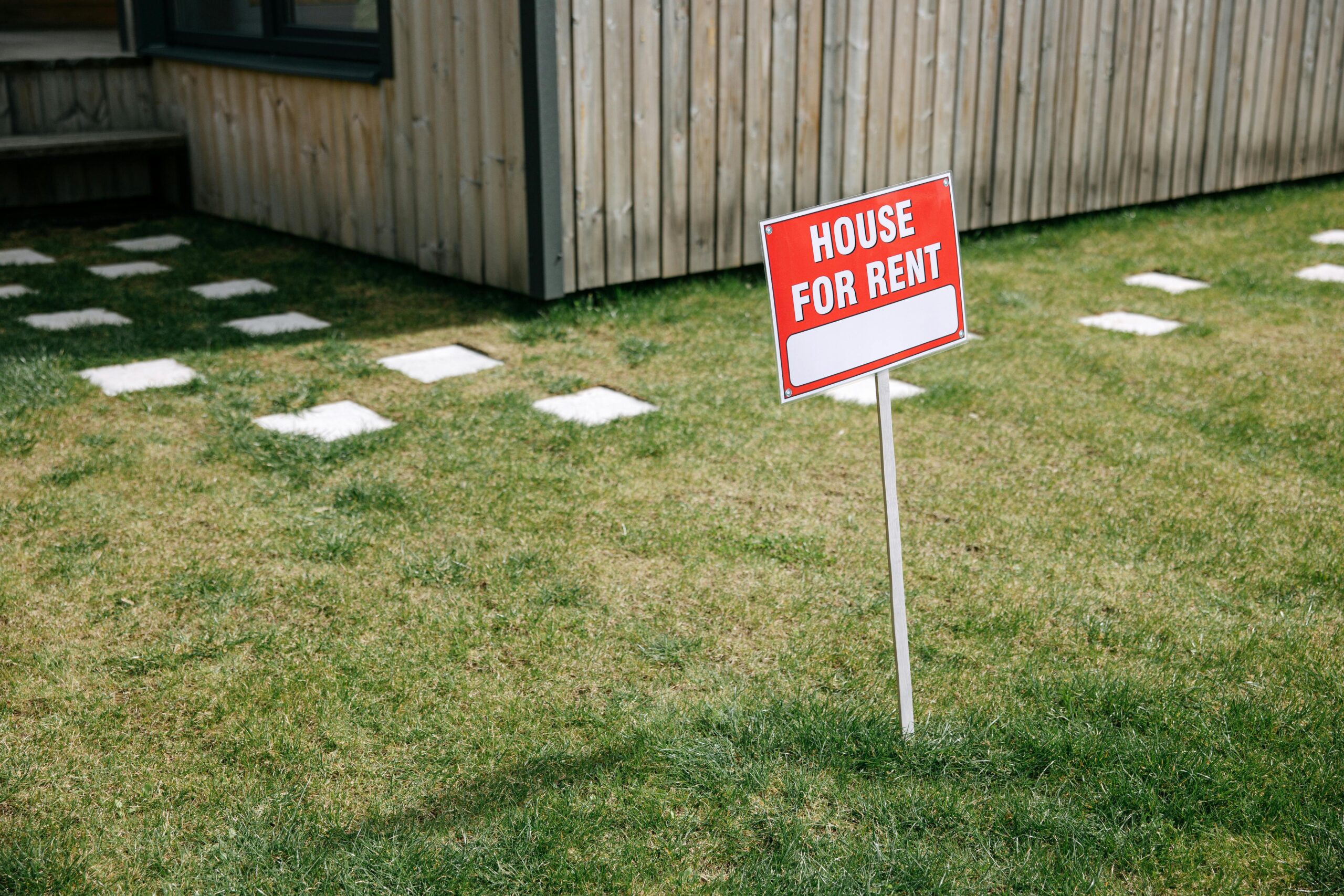
As a landlord in New Zealand, you have several key responsibilities and rights to ensure the well-being of your tenants and the compliance of your rental property with the law. Here’s a summary of your main duties and rights:
Key Responsibilities:
- Maintain the Property
• Ensure the property is in a reasonable state of repair.
• Comply with all health and safety standards.
• Address any maintenance issues promptly. - Comply with the Healthy Homes Standards
• Meet specific standards for heating, insulation, ventilation, moisture ingress and drainage, and draught stopping. - Provide a Habitable Environment
• Ensure the property is safe and suitable for living.
• The property must not pose any health risks to tenants. - Respect Tenant Privacy
• Give the correct notice before entering the property, except in emergencies or with the tenant’s consent. - Comply with the Law
• Follow the Residential Tenancies Act 1986 and any other relevant legislation.
• Ensure all legal requirements for rental properties are met, including any local council regulations. - Provide and Maintain Smoke Alarms
• Install smoke alarms as required by law.
• Ensure they are in working order. - Keep Records
• Keep accurate records of all tenancy agreements, inspections, maintenance, and any other relevant documents. - Lodge the Bond
• If you collect a bond, it must be lodged with Tenancy Services within the required timeframe. - Insurance and Rates
• You are responsible for insuring the property and paying the rates, although you can charge for water if the property has a separate meter. - Inform Tenants of Changes
• Notify tenants of any changes in property management or ownership.
Key Rights:
- Right to Collect Rent
• Landlords have the right to collect rent as agreed in the tenancy agreement. The agreement should specify the amount, frequency, and method of payment. - Bond Collection
• Landlords can collect a bond from tenants as security for any potential damages or unpaid rent. This bond must be lodged with Tenancy Services. - Property Inspections
• Landlords have the right to inspect the property, provided they give the correct notice to the tenant. This is typically 48 hours for a general inspection. - Maintenance and Repairs
• While landlords must maintain the property, they also have the right to access the property for necessary repairs or maintenance, again with proper notice to the tenant. - Insurance and Rates
• Landlords are responsible for insuring the property and paying the rates, but they have the right to charge tenants for water usage if the property has a separate meter. - Ending a Tenancy
• Landlords have the right to end a tenancy under specific conditions outlined in the Residential Tenancies Act, such as non-payment of rent or other breaches of the tenancy agreement. - Setting House Rules
• Landlords can set reasonable house rules regarding the use of the property, as long as these rules are clearly communicated to the tenant and do not contravene the tenancy agreement or law. - Choosing Tenants
• Landlords have the right to choose their tenants, provided they do not discriminate unlawfully.
Understanding and adhering to your responsibilities and rights as a landlord is essential for a smooth tenancy relationship. If you need more information, feel free to ask!
The opinions and research contained in this article are provided for information purposes only, are intended to be general in nature, and do not take into account your financial situation or goals




